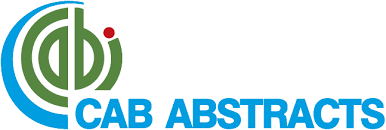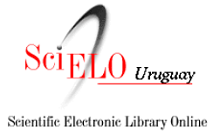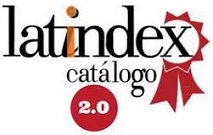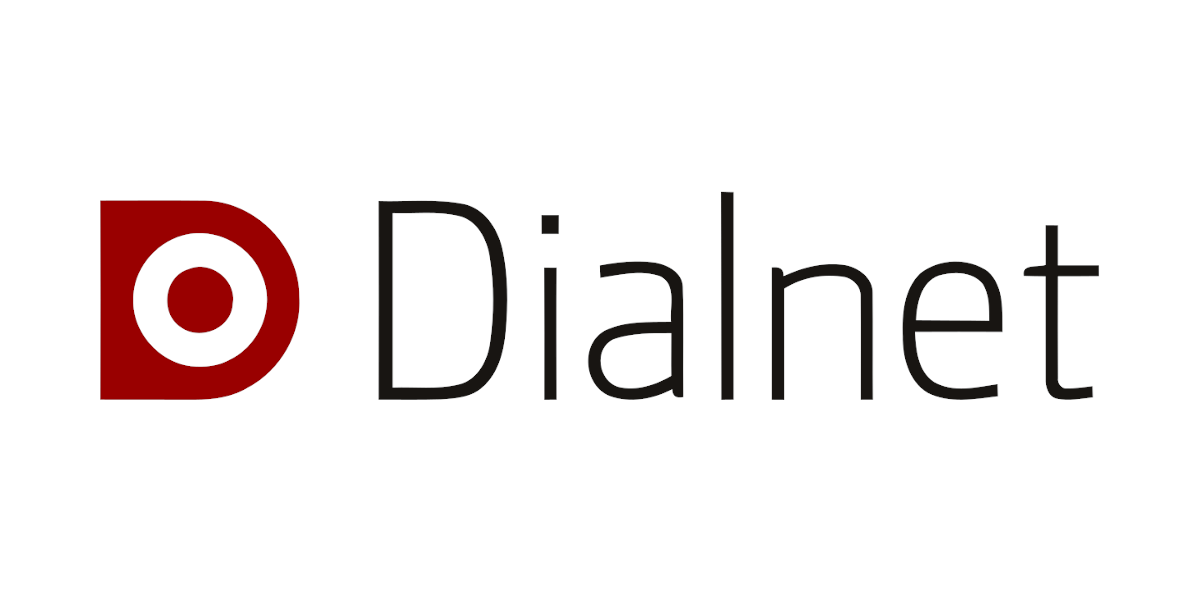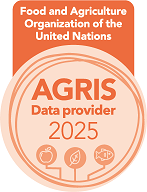Impacto de una solución natural de prebióticos y antioxidantes en la productividad, integridad intestinal y estabilidad oxidativa de gallinas ponedoras bajo desafío de estrés oxidativo
Palabras clave:
Estrés oxidativo, Integridad intestinal, Prebióticos y antioxidantes naturales.Resumen
During the production cycle, laying hens are exposed to different sources of physiological, environmental or nutritional stress. In response, they activate antioxidative defense system, with endogenous and exogenous antioxidants. Strong correlations exist in between antioxidant deficits and inflammatory issues. Such deficit, referred to as oxidative stress, is associated with an increase in oxidative phenomena (e.g. lipid peroxidation) inducing a weakened intestinal mucosa, an altered microbiota balanced and a degradation of egg quality. This study was designed to measure the impact of a natural prebiotic and antioxidant solution, combination of calcified red algae and citrus extract (CGW). A total of 280 laying hens of 43 weeks old were allocated into 2 treatments with 10 replicates during a 12-week production period under a challenging model of oxidative stress (end of the laying cycle and high ambient temperature). The birds were fed on a layer basal corn-soya diet with or without a supplement of CGW 1 Kg/T on top of feed. The parameters evaluated were laying performances, egg quality, gross lesion scoring, histopathological examination, gut integrity and oxidative stability. A one-way analysis of variance with a general linear model was used, mean values were assessed for significance using Duncan’s multiple range test. Dietary supplementation of CGW for laying hens revealed a numerical increase in total egg number, egg production, egg mass and a numerical decrease in feed conversion ratio. In addition, a significant decrease was observed in body weight (wt), relative abdominal fat, ovary wt, oviduct wt, shell wt, shell thickness and albumin height % (P≤0.05). The histopathological alterations in the duodenum of the treated hens were mild and restricted to individual villi with a numerically reduction of inflammatory intensity in the duodenal mucosa compared to the control group. CGW group numerically increased total antioxidant capacity (TAC). These results indicate the beneficial impact of treatment on reduction of intestinal turnover and that may have a protective effect against natural infection that induced mucosal injury.
Descargas
Publicado
Cómo citar
Número
Sección
Licencia
Derechos de autor 2025 Sociedad de Medicina Veterinaria del Uruguay-Facultad de Veterinaria, Universidad de la República

Esta obra está bajo una licencia internacional Creative Commons Atribución 4.0.


